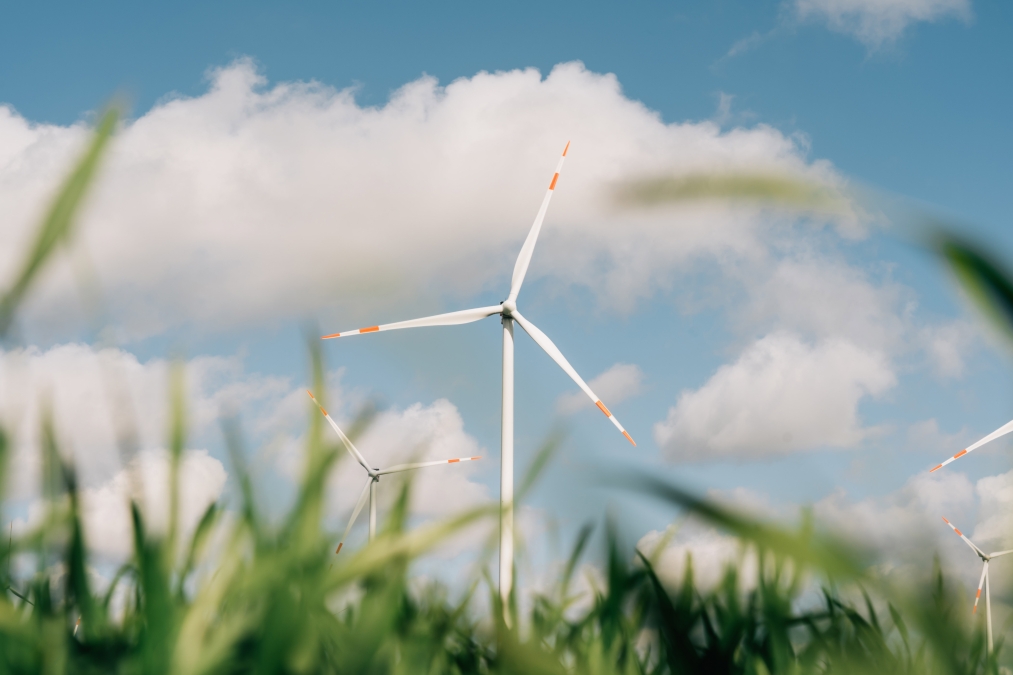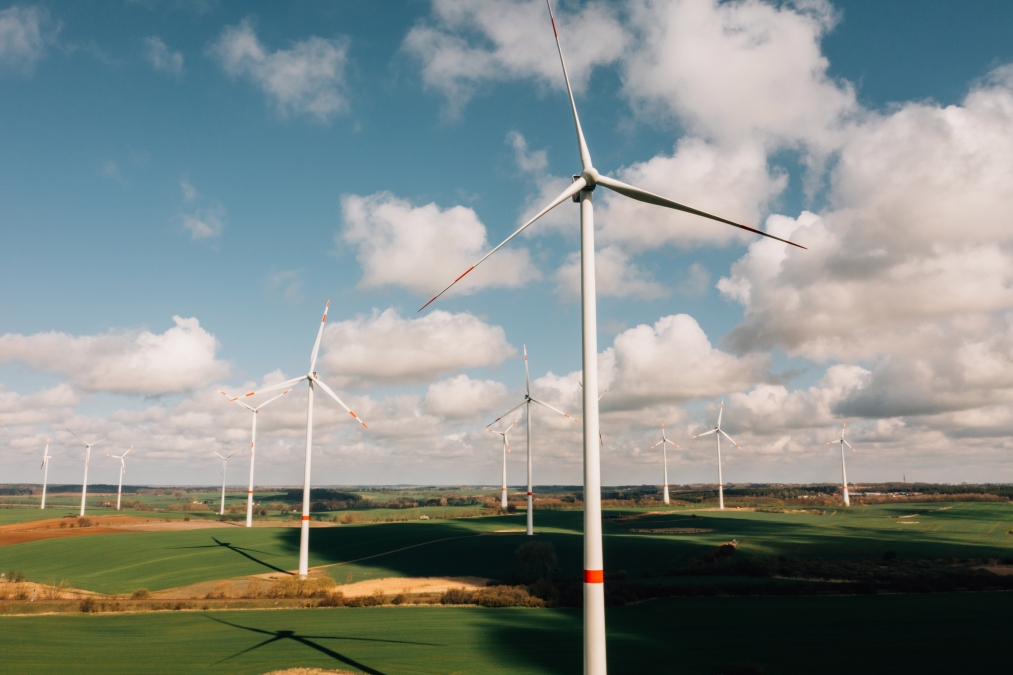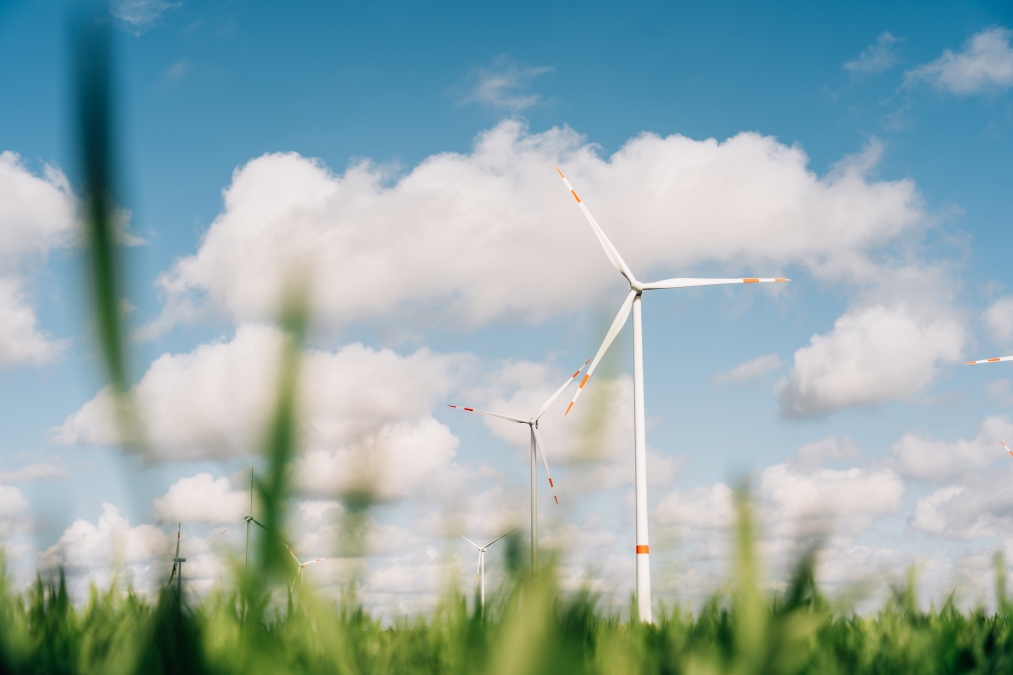
Verbundkraftwerk Anklam: A milestone for sustainable energy and regional growth
An integrated power plant ensures the system-friendly use of regional green electricity by using electrolysis, waste heat utilisation and battery technologies to direct the regionally produced electricity to the sector where it is needed most. In this way, the power plant avoids grid bottlenecks and ensures the continuous feed-in of renewable energies.
The ‘Verbundkraftwerk Anklam’ project is an example of progress in sustainable energy supply and makes a significant contribution to the regional development of the Hanseatic city of Anklam. With the construction of a 240 MW electrolysis plant in several expansion stages, the first phase of which is to be realised with 20 MW by the beginning of 2027, the project is setting new standards in the use of renewable energies.
Innovative partnership promotes circular economy
The collaboration between ENERTRAG and the Cosun Beet Company (known as ‘Zuckerfabrik Anklam’) plays a key role. Here, biogenic CO₂ is to be used to produce green methanol, which is an outstanding example of an effective circular economy. Matthias Sauer, Managing Director of Cosun Beet Company, is delighted about the cooperation: ‘Utilising our green CO₂ is an active contribution to climate protection and a major step towards sustainable value creation at our site.’ The methanol and green hydrogen produced are to be used in the region and thus sustainably strengthen Anklam's economic structure.
An important step was taken on 26 April 2024 with the signing of the Letter of Intent between the Hanseatic city of Anklam and ENERTRAG. This reaffirms the common goal of developing Anklam into a showcase project for the technology and energy transition. Michael Galander, Mayor of the town of Anklam, is optimistic: ‘Today is a good day for the Hanseatic town of Anklam and the Anklam energy region. We are thus fulfilling the goals of our energy and climate protection concept and thus also the transformation of the energy transition and the development of sustainable regional concepts for the future."
Sustainable production of green hydrogen and methanol
Originating from the biogeniV funding network (BMBF funding for regional alliances for sustainable innovation-based structural change), the project utilises the region's natural resources to make the best possible use of the potential for renewable energy plants and to anchor the added value from CO₂-free electricity in the region.
Electrolysis (electrochemical splitting of water into oxygen and hydrogen) is operated specifically when electricity from renewable sources is readily available and forms the basis for the production of raw methanol. The CO₂ required for this comes directly from the Cosun Beet Company's processes. Methanol and hydrogen are therefore available regionally as chemical raw materials and fuels. The partners are currently also working on heat and oxygen utilisation as well as other research issues arising in the context of the circular economy and the systemic integration of renewable energy plants.
Total investment of 370 million euros creates jobs
With an investment of around 370 million euros in the main site of the integrated power plant with the electrolysis plant plus investments in renewable energy plants in the Anklam region, the project will not only create up to 10 direct jobs, but will also promote further future-oriented jobs in the new industrial area ‘Am Lilienthalring 2’.
Stephan Petzoldt, Group Manager PtX Northern Germany at ENERTRAG, is confident about the cooperation: ‘The Verbundkraftwerk Anklam represents a pioneering innovation in sustainable energy supply. With a clear focus on the use of regional renewable energies and the promotion of the circular economy, the project plays a key role in cross-sector coupling. The collaboration between the city of Anklam, the Cosun Beet Company and ENERTRAG is an example of how regional resources can be used efficiently to produce green hydrogen and e-methanol."



